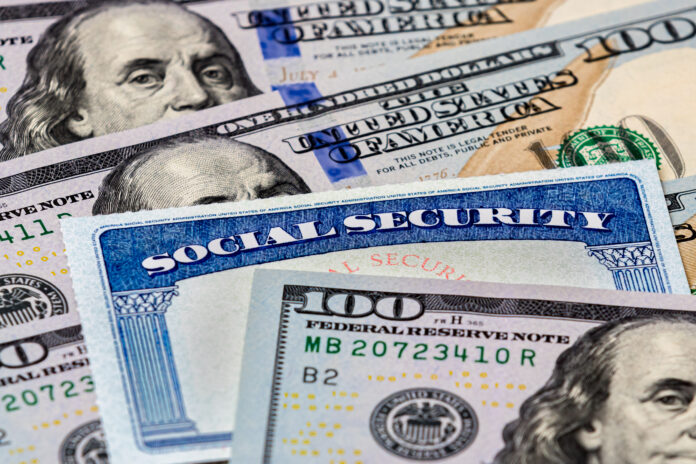Amid much fanfare (and followed by much outrage once people saw what was in it), Congress passed a “stimulus” bill that extended unemployment benefits and provided for $600 Economic Impact Payments for each person subject to some income qualifications.
My Forbes colleague Lisa Rowan tells you “Everything You Need to Know” about the new round of Economic Impact Payments. Here are a few things you might not need to know or even want to know about the stimulus package but that I think you should know.
The Economic Impact Payments can Help People Manage Cash Flows in an Uncertain Time.
Responses to the Covid pandemic (like lockdowns) have literally forced a lot of firms out of business and a lot of workers out of work, and it’s hard to pay your bills when you don’t have income. Putting everything on a credit card for almost a year is one “solution,” but it’s certainly not an attractive one (hence the quotation marks). The EIPs shift people’s tax liability from 2020-21 to some point in the future and make it easier for them to pay the bills in the short run.
It’s not really a “stimulus.”
I should just get used to the fact that “stimulus” is now journalistic and social media shorthand for “any time Congress directs the Treasury to write a lot of checks.” If lockdowns, distancing protocols, and other restrictions are shutting down big chunks of the economy, then there’s not much room to expand production by putting more money in consumers’ hands. Aggregate supply shocks rather than aggregate demand shocks are the real problem.
Even if it’s a “stimulus,” it might not stimulate much.
There’s an idea in economics called “Ricardian Equivalence” that explains why fiscal policy isn’t likely to be as effective as we might think. It’s named after David Ricardo, a 19th century economist who also explained the law of comparative advantage.
Congress conducts expansionary fiscal policy by cutting taxes or increasing government spending. Taxpayers, however, know that an increase in the budget deficit today will require higher taxes tomorrow. If they act in accordance with something called Ricardian equivalence, they save today’s tax cuts or transfer payments in anticipation of tomorrow’s tax increase. Not everyone does this, of course, but it limits what the government can do with fiscal policy. In a study of what people did with their CARES Act stimulus payments, economists Olivier Coibion, Yuriy Gorodnichenko, and Michael Weber explained that people used about 30% of their stimulus checks to pay down debt, saved another 30%, and spent 40%.
I suspect a graduate student somewhere started a dissertation on Ricardian equivalence and Economic Impact Payments not long after Congress passed the package. If you’re a graduate student looking for a dissertation topic, might I suggest “Ricardian Equivalence and Fiscal Policy: Evidence from 2020 Covid Pandemic Stimulus Payments”?
The Stimulus Showed Us How Politics Works.
I was about to write “politics at its worst,” but this wasn’t really politics at its best or worst. It was just politics. We shouldn’t be surprised that what ultimately emerged was a dog’s breakfast of giveaways for special interests. That’s the nature of the political beast. Contrary to what a protest sign might have told you, the system is not broken. Contrary to what another protest sign might have told you, the system was not “designed this way.” The outcomes we get, to borrow from the Scottish Enlightenment’s Adam Ferguson, are the products of human action even though they are not the product of human design. As Donald Boudreaux once put it, “If Rents Can Be Created, They Will be Sought.” As we continue to cede power to enormous rent-creating operations called governments, we shouldn’t be surprised by the results.
Originally posted by the American Institute for Economic Research. Republished with permission under the CC BY 4.0 license.












[…] Biden wants to give some $400 billion to the failed blue states, mainly from the prospering red states, the ones that wisely didn’t […]